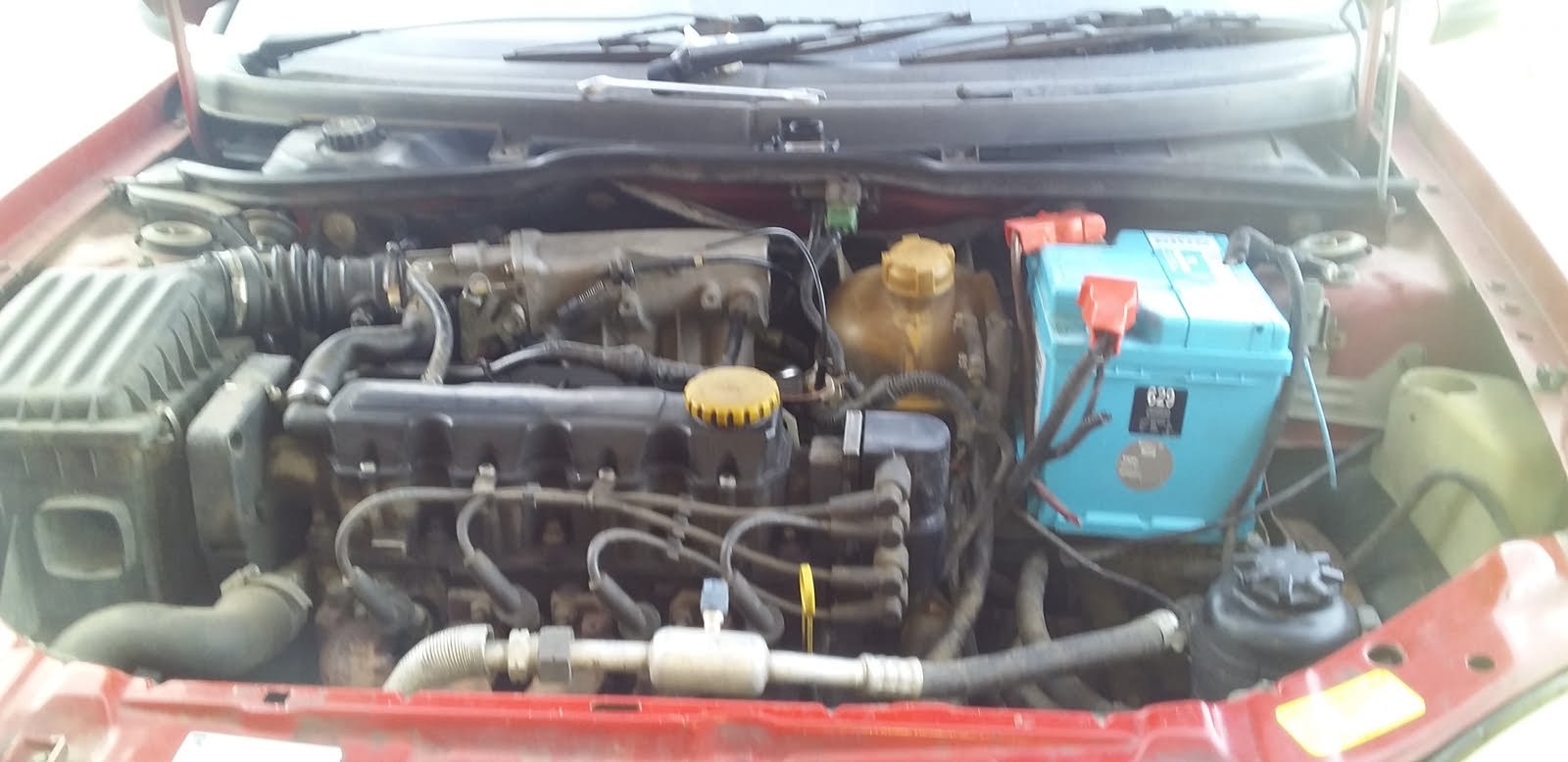Smart Buyer's List: Trick Includes to Examine in Engines Prior To Making an Acquisition
When considering acquiring an engine, there are several key features that a critical customer must review to ensure they are making a well-informed choice - Opel Corsa 1.4 Engine Price. From the type of engine to its efficiency metrics, fuel upkeep, performance, and durability costs, each aspect plays a vital role in identifying the engine's suitability for the intended objective. By meticulously examining these variables, customers can buy that not just satisfies their current needs but additionally confirms to be a sensible long-lasting investment
Engine Type Evaluation

For applications requiring high power output, such as heavy-duty commercial equipment or big automobiles, diesel engines are typically chosen due to their efficiency and torque abilities. On the various other hand, gasoline engines are typically picked for smaller sized equipment, cars, and power devices where lighter weight and greater RPM efficiency are helpful.
Furthermore, the atmosphere in which the engine will run need to be taken into account. Factors such as air, temperature, and elevation high quality can impact the engine's efficiency and durability. Selecting an engine kind that appropriates for the certain operating conditions will certainly assist ensure optimum effectiveness and longevity.
Efficiency Metrics Assessment
Reviewing efficiency metrics is essential in identifying the effectiveness and efficiency of an engine for its designated application. Gas effectiveness is an important efficiency statistics, highlighting exactly how successfully the engine transforms fuel into usable energy. Thermal performance, an action of how well the engine converts heat from gas burning right into mechanical work, is likewise fundamental in assessing overall performance.
Gas Performance Assessment
Examining fuel effectiveness is an essential aspect in figuring out the operational cost-effectiveness and environmental impact of an engine. Fuel efficiency describes the quantity of power an engine can draw out from a certain quantity of gas. It directly influences the total operating costs of the engine, making it an important factor to consider for purchasers aiming to maximize their long-lasting costs.
When evaluating gas effectiveness, it is vital to consider metrics such as miles per gallon (MPG) or liters per 100 kilometers (L/100km) relying on the region. These metrics give a clear indicator of how much a car can take a trip on a system of gas, enabling customers to approximate gas expenses accurately. Furthermore, technologies like crossbreed systems, turbocharging, and direct gas shot can dramatically affect gas efficiency by boosting combustion effectiveness and reducing power losses.
Ultimately, choosing an engine with high fuel performance not just decreases operational costs but likewise reduces carbon emissions, making it an eco conscious option. By focusing on gas effectiveness throughout the buying procedure, buyers can make informed choices that straighten with their ecological why not check here and financial objectives.
Sturdiness and Integrity Check

Considering the substantial impact of gas efficiency on functional prices and environmental click here for more sustainability, the following essential facet to assess in engine acquisition is the resilience and dependability of the engine. Durability refers to the engine's capacity to withstand wear, rust, and stress over a prolonged duration, ensuring a longer life-span. Reliability, on the other hand, relates to the engine's uniformity in efficiency under various conditions without unforeseen breakdowns or failures.
To examine the longevity and reliability of an engine, a number of variables need consideration. First, checking out the engine's construction materials and layout can give insight into its toughness and resistance to use. Furthermore, assessing historic information on the engine model's efficiency, upkeep requirements, and common issues reported by individuals can aid determine its integrity.
Furthermore, accreditations from reputable organizations, warranty offerings, and manufacturer reputation for producing dependable engines are valuable indicators of sturdiness and dependability. Carrying out complete research study, looking for suggestions, and checking maintenance documents can aid in making an educated decision on purchasing an engine known for its durability and reliable efficiency.
Cost and Upkeep Factors To Consider
When contemplating engine purchase decisions, a crucial element to look into is the economic implications coupled with upkeep factors to consider. The price of an engine prolongs beyond the preliminary purchase cost. It is vital to assess elements such as fuel performance, recurring maintenance prices, and the availability of spare components. Deciding for a fuel-efficient engine might cause long-term expense savings despite a potentially higher ahead of time cost. Furthermore, evaluating the maintenance requirements of various engine versions is essential. Some engines might necessitate constant servicing or specialized care, bring about enhanced upkeep expenditures in time. Taking into consideration the accessibility and cost of extra components is additionally paramount. Engines with conveniently accessible and fairly valued extra components can substantially minimize maintenance prices and downtime. Prioritizing cost-effectiveness and convenience of upkeep can result in an extra pop over to these guys sustainable and economical engine investment over time.
Conclusion
Finally, it is important for purchasers to completely assess essential functions in engines before buying. By considering the engine type, efficiency metrics, gas performance, durability, upkeep, integrity, and expense demands, buyers can make an informed decision that fulfills their assumptions and needs. This comprehensive analysis procedure makes sure that purchasers select an engine that will provide optimum efficiency and durability for their intended usage.
From the type of engine to its performance metrics, gas effectiveness, maintenance, and longevity prices, each element plays an essential function in establishing the engine's viability for the designated objective. Gas performance is an essential efficiency metric, highlighting exactly how effectively the engine transforms gas into functional power. Fuel effectiveness refers to the quantity of energy an engine can draw out from a particular amount of fuel.Thinking about the substantial impact of gas performance on operational costs and ecological sustainability, the following crucial element to examine in engine acquisition is the resilience and dependability of the engine. By taking into consideration the engine type, performance metrics, fuel effectiveness, longevity, upkeep, integrity, and cost demands, purchasers can make an educated choice that satisfies their assumptions and demands.